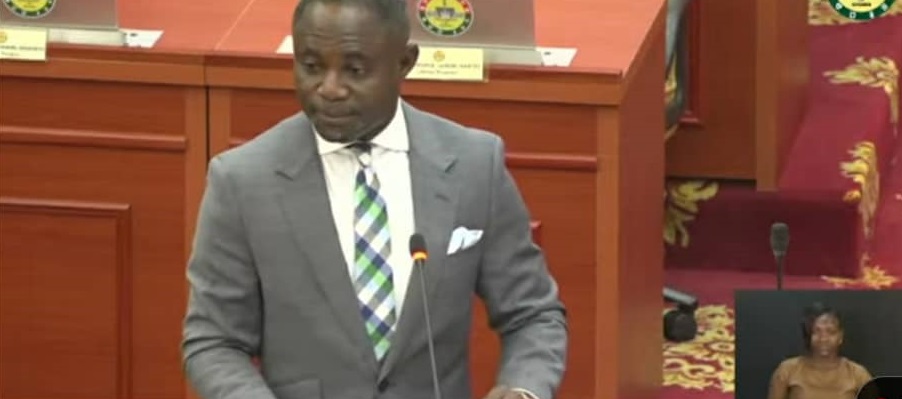
The Minister of Health, Kwabena Mintah Akandoh, has provided an update on the cerebrospinal meningitis (CSM) outbreak in the Upper West region, revealing that over 129 cases have been recorded as of Sunday, February 16.

Unfortunately, the outbreak has resulted in 16 deaths, while 29 individuals are currently receiving treatment.
Cerebrospinal meningitis (CSM) is a serious inflammation of the membranes that cover the brain and spinal cord. It can be caused by bacteria, viruses, fungi, or parasites. CSM is a medical emergency that requires immediate medical care.
Symptoms include headache, fever, stiff neck and back, vomiting, joint and muscle pain, drowsiness, light sensitivity and seizures
Addressing Parliament on the outbreak in Accra on Tuesday, February 18, Minister Akandoh identified the most affected districts as Wa Municipal, Nanduli, Wa West, Jirapa, and Nandum.
Despite the significant number of cases and deaths, he assured the public and Parliament that efforts are being made to control the outbreak.
“Mr. Speaker, despite the substantial cases and unfortunate deaths, I wish to assure the House and the good people of Ghana that we have considerable efforts to keep the outbreak under control,” he stated.
Ghanaian culture-inspired products
Highlighting the positive developments, Akandoh noted that there has been a noticeable decrease in new meningitis cases in the Upper West Region.
“Our efforts are paying off. Already, a wave of improvement is evident in the Upper West Region where new meningitis cases are decreasing,” he said.
The Minister attributed this positive change to the swift and decisive actions taken by the Ministry of Health.
These actions included deploying experts to support local teams, conducting a high-level visit to assess the situation, providing support and ensuring free treatment for all affected individuals.
“This positive change follows the Ministry of Health’s swift and decisive actions, which included deploying experts to support local teams, conducting a high-level visit to assess the situation, and providing support and ensuring free treatment for all affected individuals,” he explained.
Additionally, the Ministry activated an emergency operations center for coordinated response efforts and engaged in consultations with international experts to address the crisis effectively.




